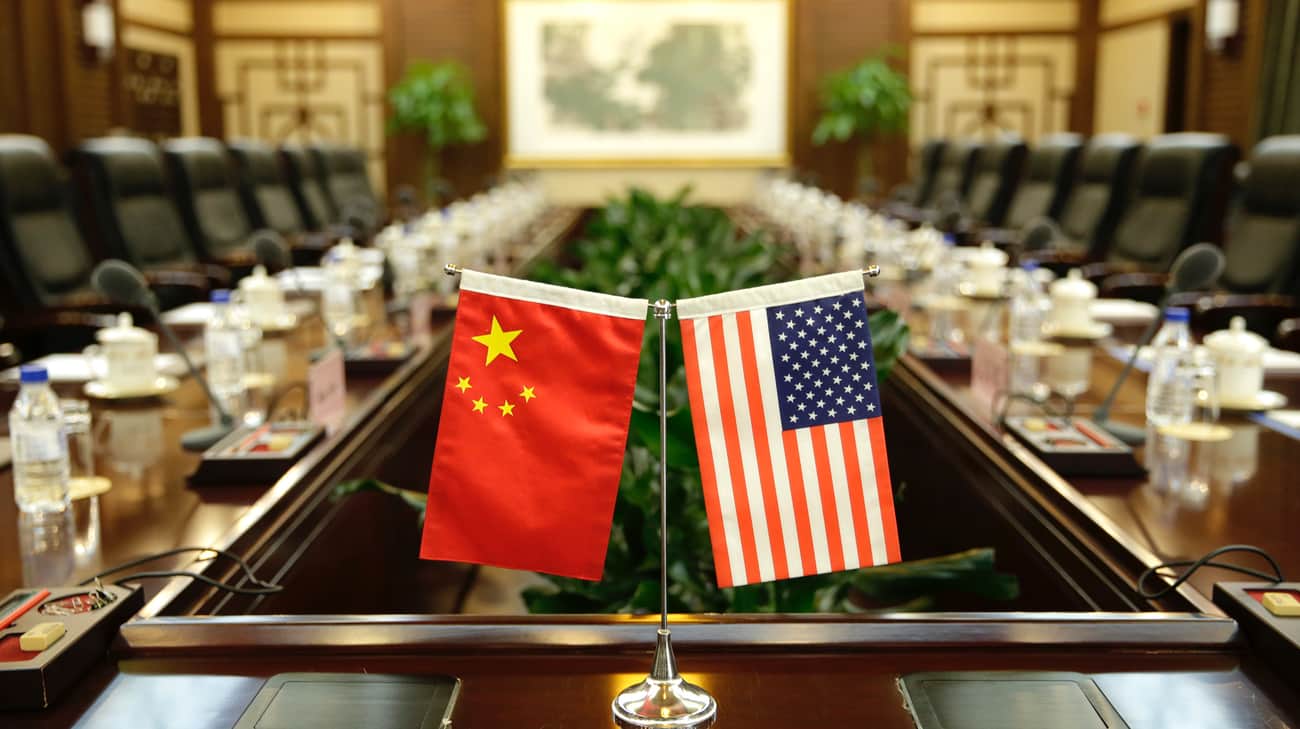“The problem of fentanyl will be a key issue in the trade negotiations between the US and China, which will take place on May 10-11 in Switzerland. These negotiations can identify a further course of economic relations between the two countries in the economic war.”, – WRITE: www.pravda.com.ua
Source: The Wall Street Journal
Details: According to the newspaper, China’s Public Security Minister Van Xiahun will join a delegation headed by Viceremier HE Esigen – President Xi Jinping President. They will meet with the US Finance Minister Scott Bessent and a Switzerland Garre Switzen and Sunday, Sunday and Sunday, which are crucial for future trade relations between the two countries.
Advertising:
An important topic of negotiations will be the issue of fentanil – a synthetic opioid that caused a drug crisis in the United States. The Trump administration has previously urged China to take decisive measures to combat the production and export of chemicals necessary for the production of fentanyl, but the mutual distrust between countries significantly complicates these efforts.
Literally: “Xi appointed Van, his close associate, a key person in negotiations with Washington about how to respond to the concern of President Trump regarding the role of China in Fentanyl trade, which was a step towards organizing current trade negotiations.”
Details: Chinese officials emphasize that their willingness to cooperate in the fight against drugs is an act of goodwill, while noting that US tariffs reduce their interest in solving the problem of fentanyl.
“The presence of Vana means one thing: Fentanyl is not only a topic of discussion, but also a key element of trade negotiations between the US and China at this stage,” said the director of the Chinese program at Stimson Center Yun Sun at the Washington Analytical Center.
“China’s level of readiness to cooperate will show how much he wants to conclude a trade agreement,” she added.
Earlier, Trump imposed a duties of 145% for Chinese goods. In response, Beijing introduced a tariff of 125% for US products.
On the eve of negotiations, US President Donald Trump said he was ready to reduce tariffs for Chinese goods to 80% – a level that will mean de -escalation, but still interfere with normal bilateral trade.
“80% tariff for China – it seems correct! Solve Scott B.,” Trump wrote, referring to the Bessent.
Later, on May 9, US Trade Minister Howard Lutnik reported Fox News that the President would probably retain a considerable part of the so -called “mirror” tariffs for trade with China, but the final level can be about 34%.
